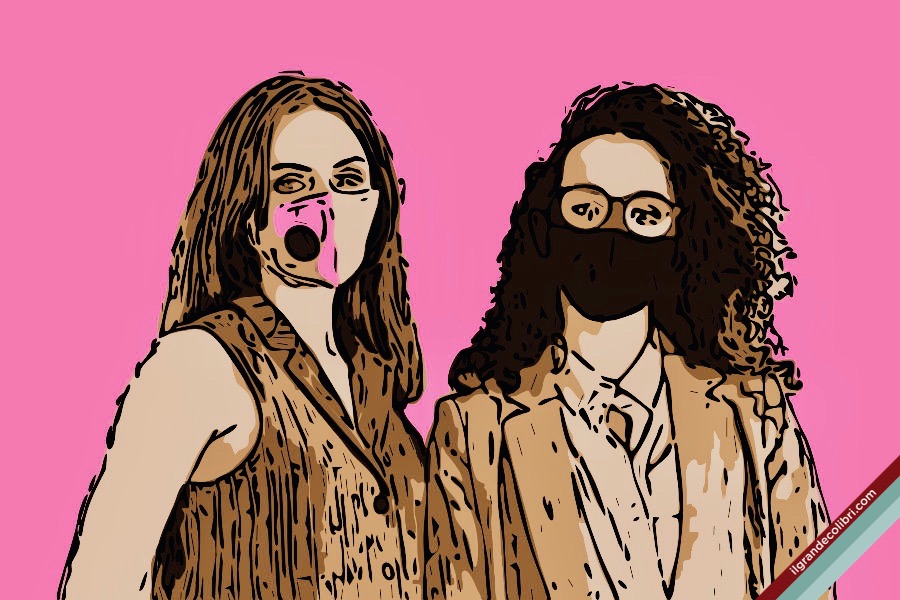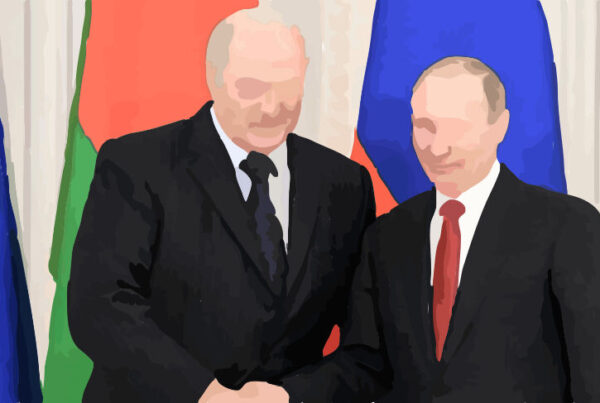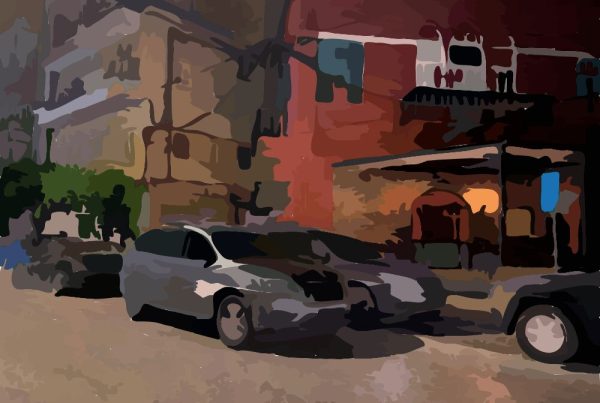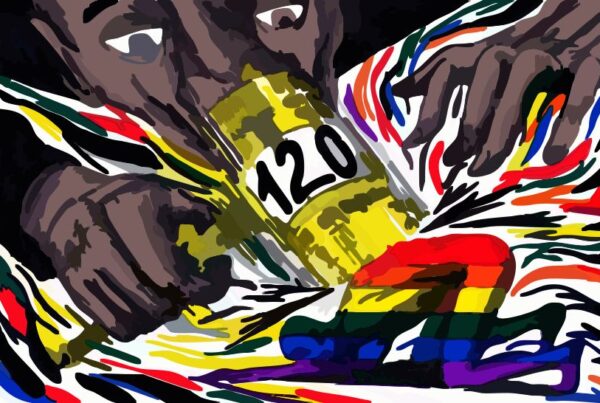Stories about the devastating impact COVID-19 has had on disabled people, on particular ethnic groups and on all those with underlying health problems have rightly been making the headlines for months. The pandemic has also acted as a catalyst to exacerbate social and economic inequalities which already existed in societies across the globe. The findings of a United Nations report show that LGBT people make up a community which has become disproportionately affected by these growing imbalances in many countries.
In the line of fire
LGBT people are more inclined to have had or now lost jobs in industries especially hard hit by the pandemic, the UN report found. The retail, leisure, grooming, health and restaurant sectors have fared badly and the travel industry, perhaps stereotypically a magnet for some gay men, has been decimated. This has meant plenty of people losing their jobs in regions of the world once thought to be economically bulletproof. For some LGBT people, a consequence of suddenly having no income is that they are having to move into unhealthy, communal living spaces or return to hostile families and communities.
Lockdowns create ideal conditions for loneliness, stress and confrontation with homophobic, biphobic and transphobic relatives to thrive, the report says. Those surveyed in Europe for this UN LGBT report described a rise in domestic assaults, with limits to freedom of movement also causing more hate crimes. In France, systems were put into place across the country when domestic violence rose. This included the launch of a new homophobia reporting app. It was designed specifically for ‘at risk’ LGBT people to report instances of domestic violence and to find out about the services they might need to help them.
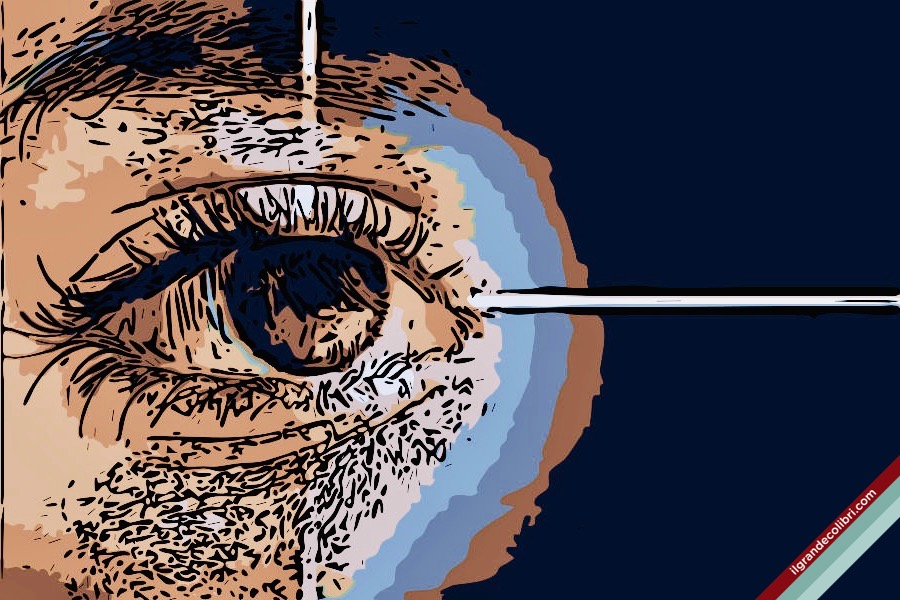 Unfair legislation
Unfair legislation
LGBT people are demonized by being “singled out, blamed, abused, incarcerated and stigmatised as vectors of disease during the COVID-19 pandemic,” the report claims. It also says some governments use the pandemic as an excuse to bring in regressive legislation, like increasing penalties for HIV exposure, non-disclosure and transmission. This, it says, increases the stigma that some of those with HIV may have to live with. And, in Hungary, a proposed law intent on stopping trans people from legally changing their gender is now being challenged.
The results of an important international survey using LGBT social media and dating sites were presented over the summer. The survey found that more than twenty percent of people taking HIV antivirals said their access to medication had been curbed or complicated as a result of the pandemic.
LGBT people who are also asylum seekers or refugees, seeking indefinite leave to remain in the United Kingdom, for example, face additional pressures. They may well have fled from persecution but can now find themselves at more risk of abuse and exploitation from immigration officers and people traffickers in the course of their journeys. Overcrowding in immigration centres can also cause increases in patterns of violence and discrimination on the basis of sexual orientation and gender identity.
 Positive examples
Positive examples
The UN report has offered a number of recommendations for states around the world to adopt. Acknowledging and embracing diversity in sexual orientation and gender identity was seen as key. Peru and Spain got a special mention for their positive approaches in offering published guidance on economic support programmes for LGBT people, including shelter, health and emotional help.
The report also recognised Argentina for providing information intended to make sure there was always continuity of shelter for trans people who were also included in emergency income programmes. The Philippines has ensured that same-sex partners with children can take advantage of the same welfare programs normally aimed at traditional family models.
Public health authorities across the globe have been rightly concerned about disinformation during the pandemic. “Inclusive official discourse is fundamental to deconstructing stigma,” the UN report says. South Korea is a good example of a country that’s tried to debunk dangerous myths. When coronavirus cases were traced to a popular gay club, a flood of homophobic sentiment followed. The government took steps to engage with journalists in an effort to encourage caution and to prevent personal information getting into the public domain.
Specific needs
The UN report urges all countries to follow evidence-based approaches involving LGBT organisations in response to the pandemic. The US state of Pennsylvania was highlighted because of the approach it has taken. Its Health Disparity Task Force saw the need to collect data related to sexual orientation and gender identity when studying the coronavirus. This would then be used to make sure that the specific needs of LGBT people were accounted for when creating policy.
Countries which are taking the lead on issues around equality and legal protection for minority groups would do well to follow Pennsylvania’s lead. The requirements of the LGBT community must not be ignored but understood and acted upon, not least as an example for the rest of the world to follow.
Peter Markham
writer and correspondent for Immigration News UK, a media platform that helps to raise awareness about migrant injustices and news around the world
©2020 Il Grande Colibrì
images: elaboration from Edmond Dantès (CC0) / from Pikist (CC0) / Il Grande Colibrì

